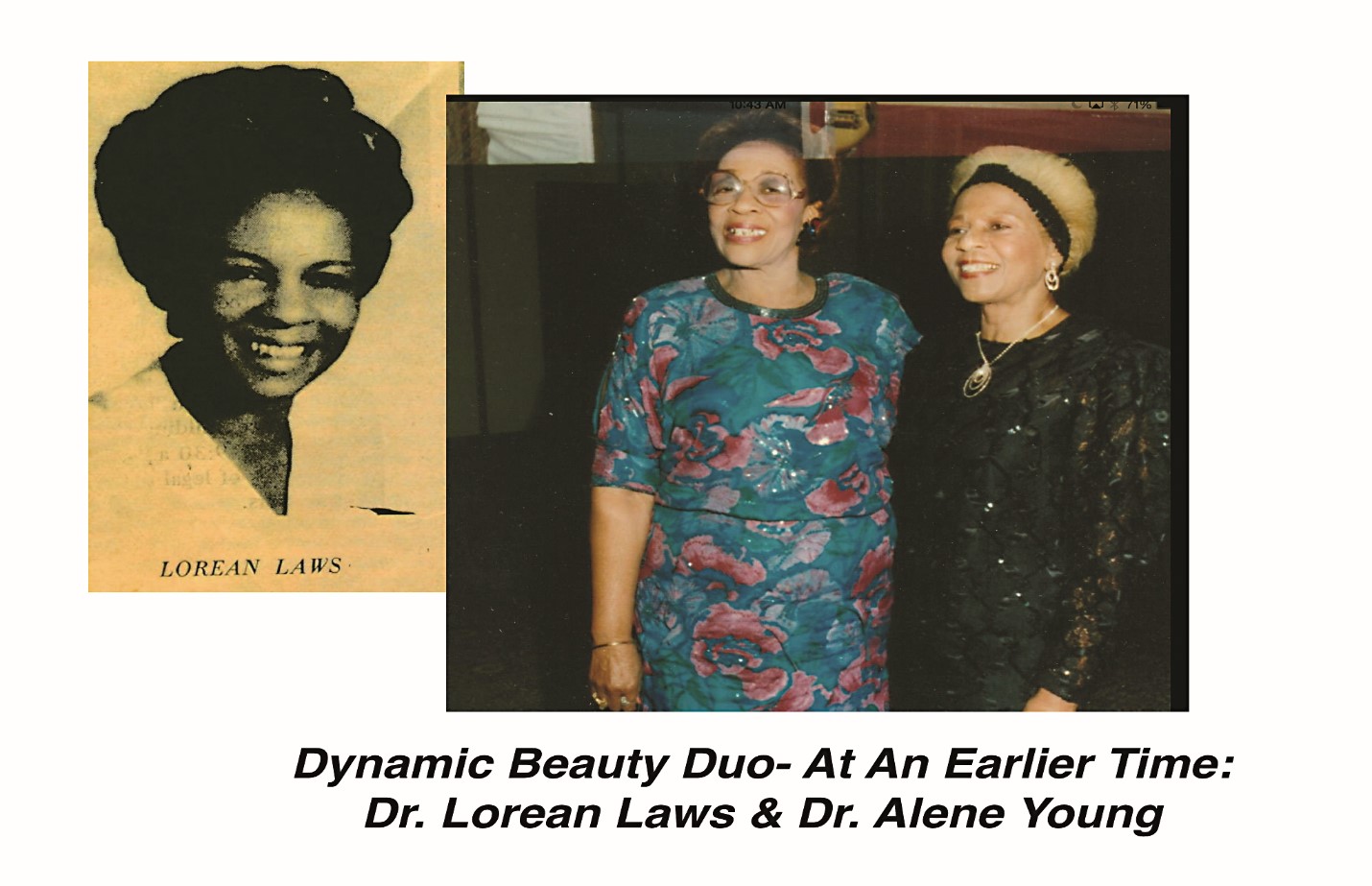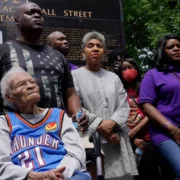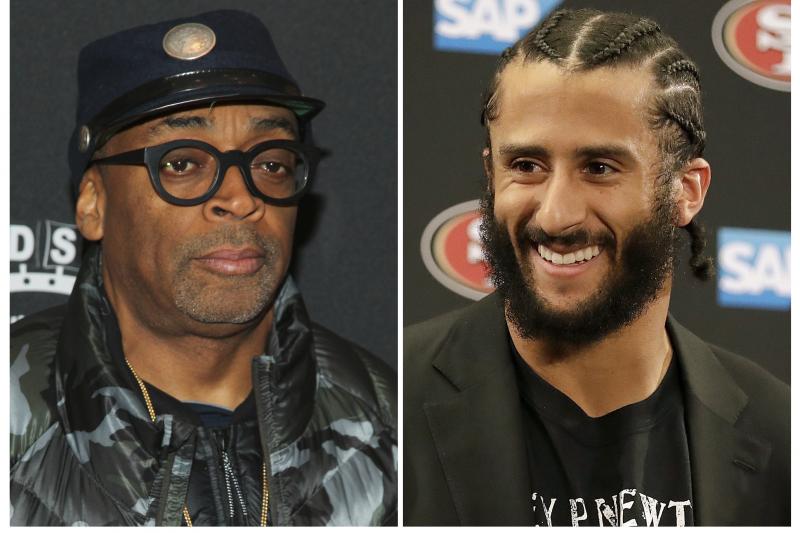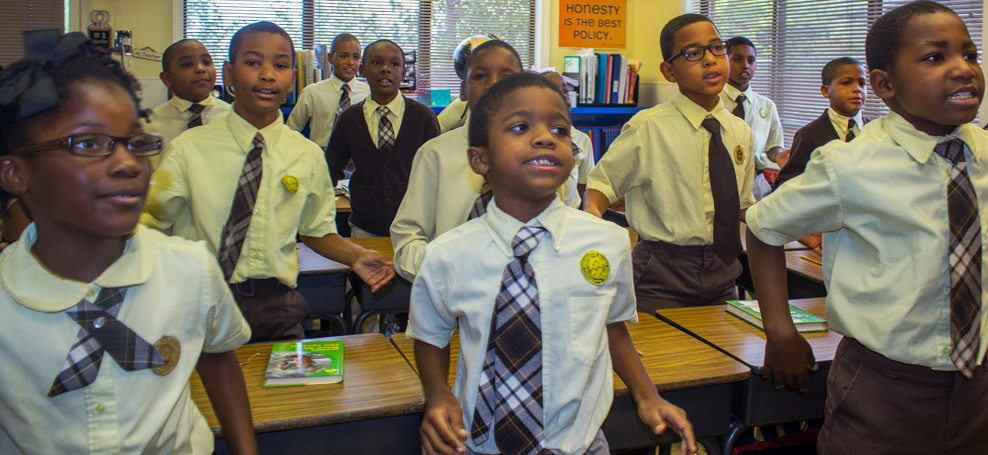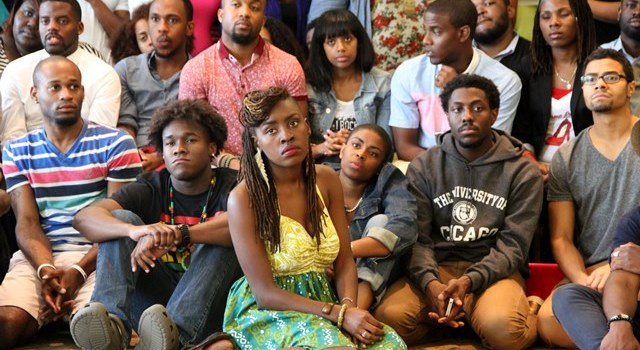
By Tyree A. Boyd-Pates
I stopped going to church about six months after Michael Brown was killed in Ferguson. My church at the time, a Pentecostal black church in South Los Angeles, had made no mention of police brutality or Black Lives Matter, and I couldn’t help but interpret their silence to mean that my life meant didn’t matter much either.
I just couldn’t understand how a black church could be so slow to pick a side on such a topical and dire social justice issue. So I started seeking other churches, including a white church, but quickly learned that both the black and white churches I tried were incapable of meeting me where I was at, culturally or politically.
I began to think that if the black church couldn’t take a basic stance on my life, maybe God was incapable of it, too. Yes, tragic, I know.
In the 1960s, the black church played a major role in the Civil Rights Movement, organizing carpools to protests and injecting songs of resistance into Sunday mass. But today, the church is mostly absent from black and youth-led organizing efforts.
“Jesus was in those streets and so should we [be],” said LA-based Black Lives Matter activist Shamell Bell, who stopped attending her church after noting the silence on race during the Charleston church massacre last year.
“If the church is not going to get on board, then young black folks will continue to hop from church to church getting their fix of religion until they stop going altogether and imagine church in a new way,” Bell said. “That means if we get together in our homes weekly and love each other and show the fruit of the spirit, that is where our church will be.”
Like Bell, many of my peers have practiced church-hopping between traditional Protestant and non-traditional church services.
The numbers prove it, according to a 2014 Pew study. While the number of churchgoers at historical black churches has remained relatively steady, the number of people going to nondenominational churches has increased by the millions.

Steven Spicer | Brandon Zachary
Twenty-four year old Steven Spicer, a student at West LA College, left his Baptist church to attend a non-denominational church in South LA. He said his church “feels extremely static and stuck on individualistic preaching,” rarely ever “touching on the importance of community or social justice.”
Princeton Parker | Joy Ofodu
Caught in-between the old school and the new, Princeton Parker, a 22-year-old minister and recent college grad, attends both his traditional Pentecostal church and non-denominational churches weekly.
“Black men need to hear conversations about family, sexuality, and finance, and most importantly, we want to hear conversations about social justice,” Parker said. “You cannot find identity in a place that won’t talk about the difficulty about your identity.”
And it’s not just about black men. Christina Peterson, 24, a queer black woman from Philadelphia, was once a part of a Baptist church, but hasn’t been an active member in six years because she hasn’t found a space where she feels comfortable.
“I’m always greeted with stares and rude looks from others because I’m not dressed the way they think I should be,” said Peterson, who observes that people don’t participate with her in the interactive portions of a service. “Queer people love the Lord too, and we don’t want to go to church and feel attacked constantly.”
At nondenominational churches, churchgoers can dress more casually, music is more contemporary and sermons are more currently relevant.
Thabiti Anyabwile, 46-year-old pastor at Anacostia River Church in Washington, DC, takes this approach at his church.
“Whether you wear church hats or snapbacks, timberlands or flats—all are welcome,” said Anyabwile, who has seen an influx of black youth join his congregation. “The [black] church has to have a seriousness, authenticity and engagement with the world as it is, that helps to root young people.”
In addition to seeking an acceptance of all identities, some black youth are also craving diverse voices. Martoinne and Rhea Williams, a young married couple from Long Beach, Calif., discussed why they’ve decided to hop and, ultimately, leave their black church for a multicultural church across town.
 Martoinne and Rhea Williams | Sipper Photography
Martoinne and Rhea Williams | Sipper Photography
“When I asked my pastor about a desire for the black church to be more multicultural, my pastor said, ‘So, you want heaven on earth?…You can’t have that here. That’s reserved for heaven.”
After hearing this, Martoinne and Rhea left their church to join a more racially diverse congregation across town. On their first visit, Martoinne looked over at his wife and joked, “I guessed we walked into heaven.”
In a world of dating apps and social media networks, it’s just easier to find things that specifically fit your needs. The same goes with churches.
Ekemini Uwan, a Master of Divinity Counseling student at Westminster Theological Seminary in Philadelphia, believes that sporadic church attendance is emblematic of the results of internet culture where thousands of choices are at your fingertips.
“We live in a time where people like to shop and we take that mentality to church,” Uwan shared. “Some might leave for churches that are culturally relevant or they might leave because they want to identify.”
I’m still hopping around churches today, but honestly, I’ve been underwhelmed with each one I’ve found. So, now I congregate regularly and informally with friends.
I’m not leaving the black church per-se, but if the church doesn’t collectively do more listening than talking to recognize our intersecting identities as black people, I will be gone for good. Black youth believe God inherently sees us; we’re just waiting for the black church to catch up.
This piece was published on Fusion.


